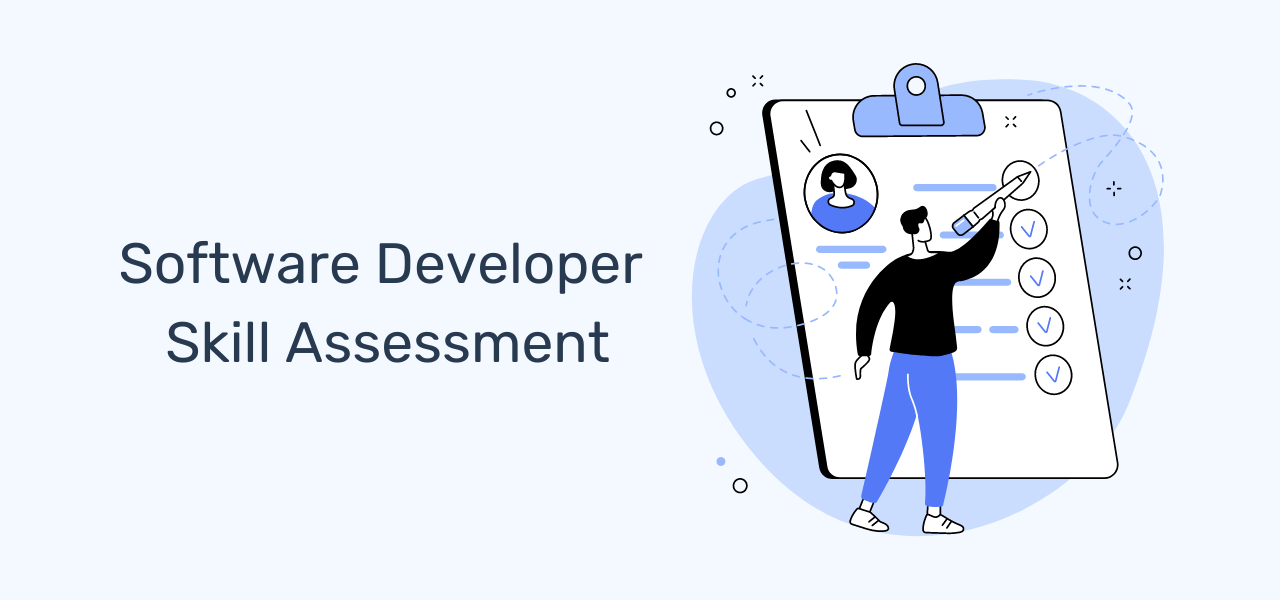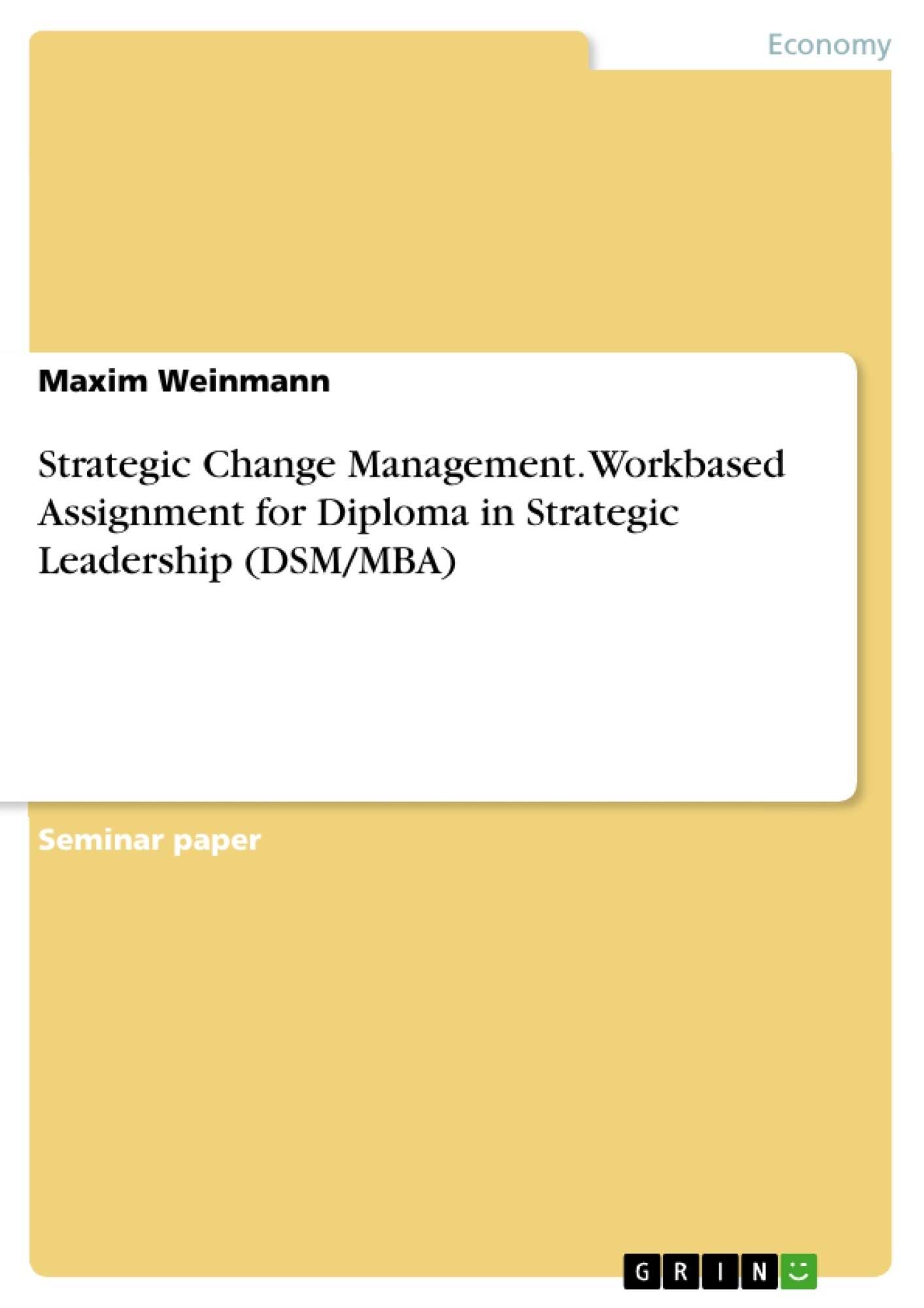
Supply chain management software (ERP software) controls the processes that are involved in managing the supply chains. This software is used to manage and control business transactions as well as the supply chain. It can be used to manage supplier relationships, and control associated business processes. There are many kinds of supply management software. Here are a few examples of the types of software available.
Software for open-source supply chain management
The supply chain management is an essential part of any business. It is difficult to manage suppliers and sales. You will need extra care to make sure everything runs smoothly. Negligence can lead to lower sales or even closure of your business. Software engineers have created solutions to automate and simplify business processes in order to solve this problem. They can be accessed on GitHub. These software solutions can streamline your supply chain.
Software for managing your supply chain can help you do so. This software can help you manage all activities such as the procurement of goods or services, the coordination and execution of orders, as well as the procurement and sale of goods. This software will also give you insight on any risks in your business, and will suggest strategies to avoid or minimize them. There are many open source supply chain management software systems on the market today, including E2open, SAP SCM, Logility, Perfect Commerce, and Oracle SCM. One of these open-source supply chain management software systems will bring benefits to your business.

Enterprise resource planning
ERP software is a set of integrated business applications which are intended to streamline critical company operations. It facilitates collaboration between stakeholders from different departments and improves data flow. It allows businesses to grow and become more efficient thanks to its customizable features and scalability tools. It is perfect for businesses that distribute products from different locations and manage multiple suppliers. It's easy to set up and use, making sure your business runs smoothly.
ERP software is an ideal solution for companies who need to manage their supply chain in a comprehensive and accurate manner. It makes data and information from all departments available for team members to review. It also invests heavily in visualization- and analysis tools. This allows team members and their coworkers to create reports and notify each other of wins and loss. ERP software ultimately creates an accurate, single source for truth for the company. To get more information about the capabilities of ERP software, read on.
ShipBob
ShipBob, a supply-chain management software, combines proprietary technology, order fulfillment and inventory management. It allows merchants to manage inventory in multiple stores, and offer fast and affordable shipping options. ShipBob provides quick shipping options for merchants needing to get products out quickly. It has warehouses all over the US. ShipBob software makes it easy for merchants to locate the best warehouse location for every order.
The software is intuitive, with a dashboard that enables users to keep track of shipments. It offers multiple shipping options and carriers, including domestic and international shipping. It provides tools for tracking orders and shipping returns. ShipBob supports EDI compliance for major retailers. It also offers analytics and seamless integrations with e-commerce platforms, online marketplaces, and return management platforms. Despite its features, ShipBob is not a good choice for international shipping.

Infor
Infor is one of the leading providers of enterprise software. It supplies supply chain management (SCM), to over 70,000 companies across 194 countries. Infor offers industry-specific solutions, suites designed for speed and flexible deployment options. Infor's products cover all aspects of a business, from product development to inventory control. The company's mission is to give customers the information they need in order to make intelligent business decisions and maintain business agility.
Infor's SCM software offers real-time orchestration, collaboration with suppliers, and transportation management. It also helps organizations optimize their delivery performance and profits, making it a great choice for medium-sized and product-centric businesses. Infor SCM, which is designed for the cloud, combines industry-specific functionality along with advanced artificial Intelligence to enable a more flexible and profitable supply network. Its cloud-based architecture provides security and high uptime. Infor's SCM suite combines Infor Coleman's artificial intelligence with analytics to create a smarter supply-chain.
FAQ
What are management principles?
Management Concepts are the principles and practices managers use to manage people and resources. They cover topics like job descriptions (job descriptions), performance evaluations, training programmes, employee motivation and compensation systems.
How can a manager motivate employees?
Motivation refers to the desire to perform well.
You can get motivated by doing something enjoyable.
Another way to get motivated is to see yourself as a contributor to the success of the company.
You might find it more rewarding to treat patients than to study medical books if you plan to become a doctor.
Motivation comes from within.
You may feel strongly that you are responsible to help others.
Or you might enjoy working hard.
If you feel unmotivated, ask yourself why.
Next, think of ways you can improve your motivation.
What are some common mistakes managers make when managing people?
Sometimes, managers make their job more difficult than it is.
They may not delegate enough responsibilities to staff and fail to give them adequate support.
Additionally, many managers lack communication skills that are necessary to motivate and direct their teams.
Some managers create unrealistic expectations for their teams.
Some managers may try to solve every problem themselves instead of delegating responsibility to others.
How do you define Six Sigma?
Six Sigma will most likely be familiar to people who have worked in statistics and operations research. But anyone can benefit from it.
It requires high levels of commitment and leadership skills to be successful.
What are the four major functions of Management?
Management is responsible for planning, organizing, directing, and controlling people and resources. It includes creating policies and procedures, as well setting goals.
Management assists an organization in achieving its goals by providing direction, coordination and control, leadership, motivation, supervision and training, as well as evaluation.
Management has four primary functions:
Planning - This is the process of deciding what should be done.
Organizing: Organizing refers to deciding how things should work.
Directing – This means to get people to follow directions.
Controlling – Controlling is the process of ensuring that tasks are completed according to plan.
Statistics
- Hire the top business lawyers and save up to 60% on legal fees (upcounsel.com)
- As of 2020, personal bankers or tellers make an average of $32,620 per year, according to the BLS. (wgu.edu)
- The BLS says that financial services jobs like banking are expected to grow 4% by 2030, about as fast as the national average. (wgu.edu)
- The profession is expected to grow 7% by 2028, a bit faster than the national average. (wgu.edu)
- This field is expected to grow about 7% by 2028, a bit faster than the national average for job growth. (wgu.edu)
External Links
How To
How do you implement Quality Management Plans (QMPs)?
QMP (Quality Management Plan) is a system to improve products and services by implementing continuous improvement. It is about how to continually measure, analyze, control, improve, and maintain customer satisfaction.
QMP is a method that ensures good business performance. The QMP aims to improve the process of production, service delivery, and customer relationship. QMPs should encompass all three components - Products and Services, as well as Processes. If the QMP only covers one aspect, it's called a "Process QMP". The QMP that focuses on a Product/Service is called a "Product." QMP. And when the QMP concentrates on Customer Relationships, it is called "Customer" QMP.
Scope, Strategy and the Implementation of a QMP are the two major elements. These are the following:
Scope: This determines the scope and duration of the QMP. For example, if you want to implement a QMP that lasts six months, then this scope will outline the activities done during the first six.
Strategy: This is the description of the steps taken to achieve goals.
A typical QMP is composed of five phases: Planning Design, Development, Implementation and Maintenance. Each phase is described below:
Planning: In this stage, the objectives of the QMP are identified and prioritized. To get to know the expectations and requirements, all stakeholders are consulted. Once the objectives and priorities have been identified, it is time to plan the strategy to achieve them.
Design: During this stage, the design team develops the vision, mission, strategies, and tactics required for the successful implementation of the QMP. These strategies are put into action by developing detailed plans and procedures.
Development: The development team is responsible for building the resources and capabilities necessary to implement the QMP effectively.
Implementation: This involves the actual implementation of the QMP using the planned strategies.
Maintenance: This is an ongoing process to maintain the QMP over time.
Several additional items should be added to the QMP.
Stakeholder Involvement: Stakeholders are important for the success of the QMP. They should be involved in planning, design, development and implementation of the QMP.
Initiation of a Project: A clear understanding and application of the problem statement is crucial for initiating a project. The initiator must know the reason they are doing something and the expected outcome.
Time frame: The QMP's timeframe is critical. You can use a simplified version if you are only going to be using the QMP for short periods. However, if you have a long-term commitment, you may require more elaborate versions.
Cost Estimation. Cost estimation is another crucial component of QMP. You can't plan without knowing how much money it will cost. Therefore, cost estimation is essential before starting the QMP.
QMPs are more than just documents. They can also be updated as needed. It changes as the company grows. It should be reviewed regularly to ensure that it meets current needs.